More on News
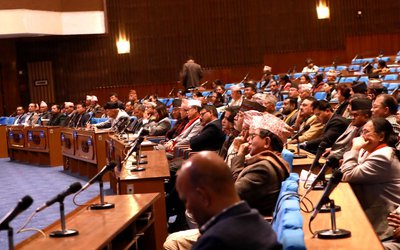
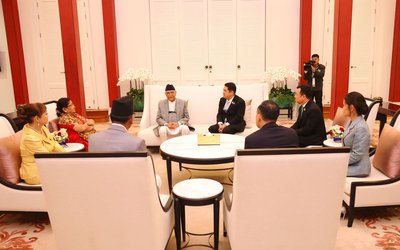
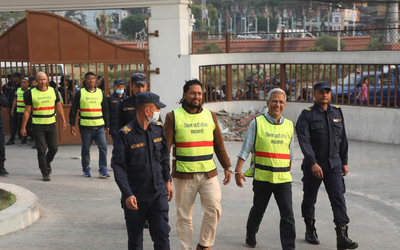
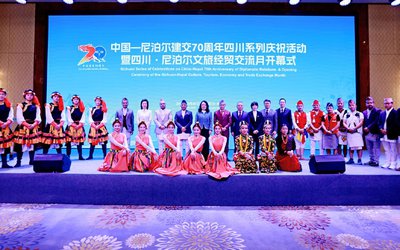
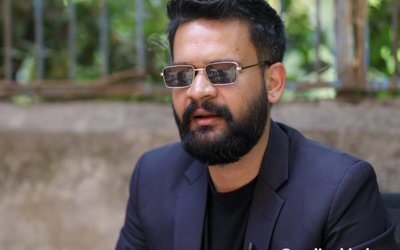
The Carter Center published a report of its observations of Nepal’s counting process, concluding that the process was largely conducted according to procedures and that the Election Commission of Nepal has announced credible results to the Nov. 19 constituent assembly election. Other key findings of the report include:
Procedural inconsistencies did not affect the integrity of the counting or the confidence of stakeholders present. Inconsistencies in procedures included: contents of ballot boxes were mixed together without establishing the number of ballots in each box as required, making ballot reconciliation impossible; unsigned ballots were counted; and there was an increased informality and improvisation as the count moved from the first-past-the-post ballots to the proportional representation seats. The irregularities appeared to be unintentional and mainly due to the exhaustion of staff as the counting continued for several days.
The majority of Carter Center observers were able to observe adequately the counting process, despite initial confusion regarding the rights of observer access to counting centers.
Party agents from multiple parties were present throughout the entire counting process. The all-party meetings convened prior to the start of the count proved to be a useful opportunity for election officials to clarify the counting procedures. However, these meetings should have resulted in a shared understanding of the rules and regulations as outlined by the electoral legal framework, so that the reconciliation of ballots and the determination of a ballot’s validity are consistent throughout the country. They should not have produced a diversity of local interpretations that undermine the fundamental right to have one’s vote counted accurately.
Center observers reported a strong and reasonable presence of security forces that did not interfere in the counting process. Credible results and disputes should be resolved through legal and peaceful means. Given the seriousness of some allegations, The Carter Center encourages all parties to make formal complaints through official channels and encourages the respective institutions to investigate thoroughly and adjudicate individual claims to enhance the credibility and transparency of the election.
According to Carter Center, the Carter Center will continue to follow the complaints mechanism and political events in the coming months, and in early 2014 will release a final report summarizing its overall observations and provide recommendations for future elections.
The Center observed Nepal's constituent assembly election at the invitation of the Election Commission of Nepal and Chairman of the Interim Council of Ministers Khil Raj Regmi. Former U.S. President Jimmy Carter and former Deputy Prime Minister of Thailand Dr. Surakiart Sathirathai led the Carter Center’s short-term mission of 66 observers from 31 countries. The Center’s long-term observers remained deployed to observe the conclusion of the counting process, tabulation of results, the resolution of complaints, and the post-election environment.




